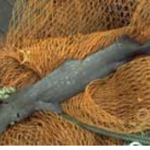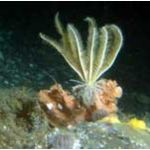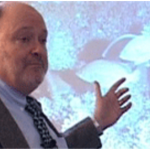The slow and steady life strategy of sharks may have served them well for millions of years, but now these fearsome fish are under serious threat from a combination of destructive fishing practices. In the marine area covered by the International Council for the Exploration of the Sea (ICES) – the North Atlantic, Baltic and North Sea – over 100 species of sharks and their relatives (together known as elasmobranchs) have been recorded. Yet from the wide diversity of European species, only a few have supported fisheries.
Continue reading Deepwater sharks in extreme decline: ICES recommends zero catch









